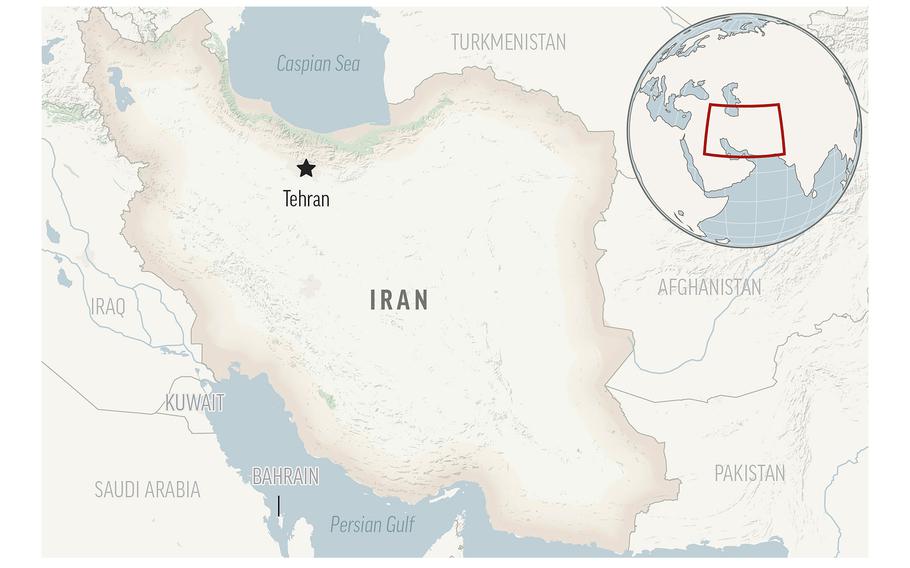Iran vowed revenge on Israel after blaming it for a deadly air strike on its embassy in Syria — a rare direct confrontation in the adversaries’ escalating conflict over the war in Gaza.
Israel “will be punished. We will make them regret their crime,” Iran’s Supreme Leader, Ayatollah Ali Khamenei, said on Tuesday, according to the state-run Islamic Republic News Agency.
The strike in Damascus late Monday destroyed the consulate building and killed at least 13 people including seven Iranian military personnel and six Syrian nationals, according to Iranian state media.
Israel hasn’t confirmed the attack, in keeping with its usual response to accusations of targeting Iran.
While Israel has frequently struck Iran-linked targets in Syria, Monday night’s attack would be the first time it’s directly hit an Iranian diplomatic building. Its air strikes have increased since the outbreak in October of the war with Gaza-based Hamas, an Iran-backed group that’s designated a terrorist organization by the US and European Union.
Oil rose to its highest level since October on heightened geopolitical tensions and OPEC+ supply cuts.
US approach
Iran also pointed a finger at the US, charging that it too bore responsibility for the attack because of its support for Israel. Earlier on Tuesday, the Iranian foreign ministry summoned the Swiss ambassador who represents Washington’s interests in the Islamic Republic.
The US “had no involvement in the strike and we did not know about it ahead of time,” White House National Security Council spokesperson Adrienne Watson said.
Another US official, who declined to be named because of the sensitivity of the matter, said the Biden government took the unusual step of communicating directly to Iran that the US was unaware the strike would happen.
Tehran and Washington haven’t had formal diplomatic ties since the 1979 Islamic revolution and the decision to reach out to Iran directly is likely a sign the US wants to distance itself from the scope and ferocity of Israel’s military actions and avoid further escalations.
Without mentioning Monday’s strike specifically, Defense Minister Yoav Gallant said on Tuesday that Israel is fighting a “multi-front war” in order to “make it clear to anyone who threatens us – all over the Middle East – that the price for such action will be a big one.”
Among the dead was Mohammadreza Zahedi, a high-ranking general linked to the Islamic Revolutionary Guard Corps, who previously led its Quds Force in Syria and Lebanon.
Hezbollah, the Lebanese militia backed by Iran that’s been involved in near-daily tit-for-tat border attacks with Israel, vowed that the strike “won’t go without punishment and revenge against the enemy.” It described Zadehi as a “loyal friend” who had worked for years to support the group.
Retaliation
Iran’s top security body also held a late-night meeting to discuss the incident. A statement said the Supreme National Security Council took “appropriate decisions,” without elaborating.
Any retaliation will need to be measured against the risk of inviting a further Israeli counterstrike and the possibility of a wider regional conflict.
In January, Iran fired missiles at what it called an Israeli spy base in northern Iraq in response to the assassination of another of its commanders in Syria.
With assistance from Arsalan Shahla and Dana Khraiche.

This is a locator map for Iran with its capital, Tehran. (AP)